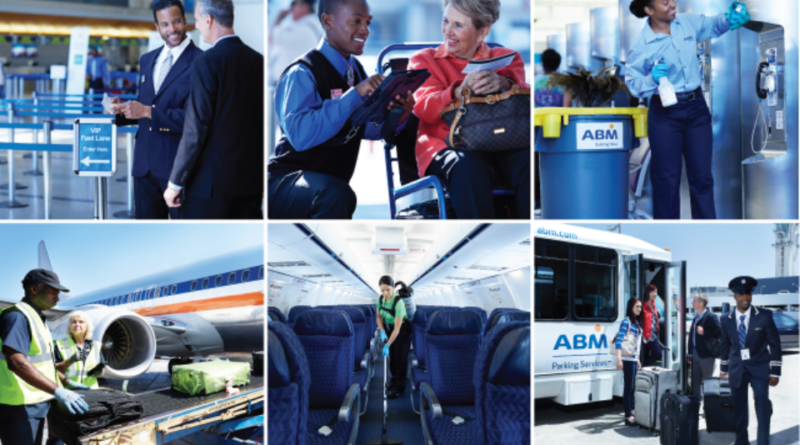Aviation Jobs and Careers
With an innate human desire to explore the unknown, aviation is an exciting career prospect for many. Fortunately, there are several promising aerospace and defense career paths. The various jobs in the aviation sector require different domains of knowledge and degrees, ranging from experience in manufacturing, materials science, air regulation, mathematics, engineering, electrical work, and aerodynamics to intimate knowledge of Federal Aviation Administration (FAA) guidelines. Aviation Jobs and Careers.
We have highlighted 12 exciting career paths in aviation below.
1. Pilot
A childhood dream for many, piloting careers offers incredible diversity. The cornerstone of a pilot’s journey is a significant period of “paying dues,” which includes flight training and licensing and may involve previous experience in military or civilian flight. The step-by-step passage to pilot may require individuals to first serve at multiple stations, including as officers and flight engineers. Airline pilots make an average of $249,000 per year in the U.S.
2. Flight Test Engineer
Aircraft must go through extensive testing before reaching airworthiness. This comprehensive testing falls to flight test pilots and engineers who operate the craft and then collect and analyze the enormous amount of data. Flight test engineering, supplemented with on-the-job training programs for aerospace companies, can help hopefuls soar into this career. The average U.S. salary for a flight test engineer is over $82,000.
3. Aircraft Mechanic
Mechanics keep aircraft operational and safe, meticulously logging their work. As in other aeronautical areas, this field may not require a college degree, but mechanics will have experience in an “FAA-approved aviation maintenance technician school,” possibly with a degree in aviation technology or management. According to Indeed, aircraft mechanics make close to $82,000 a year.
4. Aviation Technician
With an average salary of over $64,000, aviation technician is not a one-size-fits-all job, and there are numerous specific subsets of responsibilities. To enter the field, individuals can attend aeronautical schools or universities with particular curricula focusing on aircraft design, maintenance, safety, and similar disciplines.
5. Avionics Cybertechnology and Security
Safety doesn’t just encompass physical processes but digital ones. This burgeoning field is becoming ever-more important as technologies evolve, and “aerospace connectivity and data security” must improve as quickly — or even faster — to ensure virtual security. The average salary for this position is around $74,000.
6. Aviation Safety Scientists
The rapid rise of the cyber sector doesn’t mean physical safety is becoming less of a concern. Students specializing in industrial and aviation safety courses can help keep travelers safe by innovating and integrating newer, better life-saving measures and materials. Aviation Safety Scientists make around $60,000 per year.
7. Airport or Maintenance Management
With an average salary of over $166,000, airport or maintenance management requires a knowledge of aircraft science and theory, along with a knack for working with diverse groups of professionals. Management degrees are necessary so one can organize the interpersonal aspect of the air industry, as well as all the behind-the-scenes aspects of airports.
8. Aircraft Cleaner
Aircraft cleaners perform all the indispensable, often thankless tasks that air travelers take for granted. These duties include cleaning, waste removal, restocking, and onboard sanitation. The average salary is around $37,000.
9. Line Service Technician
Like aircraft cleaners, these aviation experts are crucial to keeping things running and make around $47,000 a year. They’re entrusted with many duties, including loading, unloading, towing, marshaling aircraft, and operating ground equipment to keep planes prepped.
10. Aircraft Fuelers
Fuelers are responsible for refueling. As with other disciplines, this does not require a degree, since workers receive extensive FAA-formulated training. Some positions may require additional knowledge, such as fire safety protocols. Aircraft fuelers make $45,000 a year on average.
11. Air Traffic Controller
After the planes are designed, built, prepared, loaded, inspected, and taken to the skies, they must be coordinated. Air traffic controllers orchestrate take-offs and landings for utmost safety and efficiency while monitoring craft, ground crews, and other data, such as weather updates and runway closures. Hopeful controllers should study federal regulations, weather, airspace, aviation protocols, and similar topics. With an average salary of $47,000, this is a promising career for many aviation enthusiasts.
12. Aerospace Engineer
Aerospace and defense are at the forefront of innovation. These fields employ many skilled engineers to devise air and spacecraft, satellites, and missiles, then realize those designs through various manufacturing methods. Those who’d like to bolster defense or reach for the stars can begin by pursuing degrees in aerospace systems and engineering. While the average salary for an aerospace engineer in the U.S. is around $97,000, higher salaries in this field come with additional studies.
With these aviation jobs, the sky’s the limit. But since NASA research suggests the sky may be endless, that’s really no limit at all.
Source: Aviation Jobs and Careers
https://www.thomasnet.com/insights/the-sky-s-the-limit-with-these-12-aviation-jobs/?utm_content=featuredstory&linktype=title&channel=email&campaign_type=thomas_industry_update&campaign_name=tiu241018&utm_campaign=tiu241018&utm_medium=email&utm_source=thomas_industry_update&tinid=224620531
Aviation Jobs and Careers
https://www.techedmagazine.com/category/news-by-industry/transportation-education/

